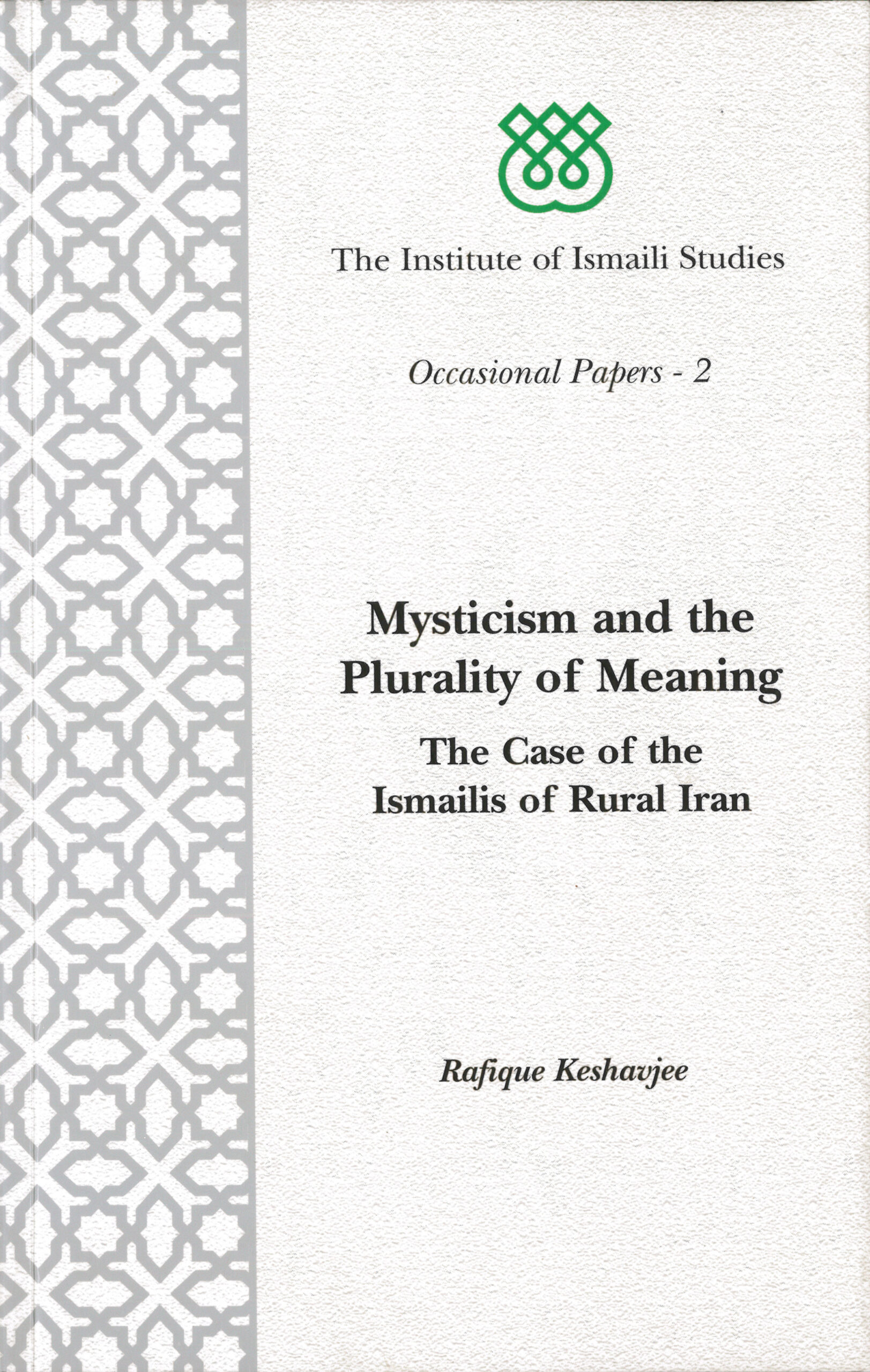To what extent does the mystical path necessitate a withdrawal from the world’ Is there a contradiction between the demands of contemplation and those of an active, responsible life? Does the mystical path have to be antagonistic to the intellect? Can Sufism play a role in the modernisation of Muslim society? These are some of the issues examined in this essay, which uses the case study of a Shi‘i Muslim community – the IsmailisAdherents of a branch of Shi’i Islam that considers Ismail, the eldest son of the Shi’i Imam Jaʿfar al-Ṣādiq (d. 765), as his successor. of rural Iran – whose ideas and actions question, at the very least, the notion that Islamic mysticism is necessarily passive and other-worldly.
1. Introduction
2. The Ismailis of Iran
3. The Paradox of World-affirming Mysticism
4. Windows to an Understanding
5. The Pilgrimage
6. The World of Debates
7. Formal Pronouncements
8. The Coteries of Interpretation
9. Conclusions: The Plurality of Meaning and the Meaning of Plurality
Notes
Rafique Keshavjee obtained a doctorate in Anthropology and Middle Eastern Studies at Harvard University. He worked in the Aga KhanA title granted by the Shah of Persia to the then Ismaili Imam in 1818 and inherited by each of his successors to the Imamate. Program for Islamic Art and Architecture at Harvard and MlT, and was Associate Dean of The Institute of Ismaili Studies. Currently he is with the Aga Khan Trust for Culture, as Director of the Aga Khan Humanities Project for Central Asia.

